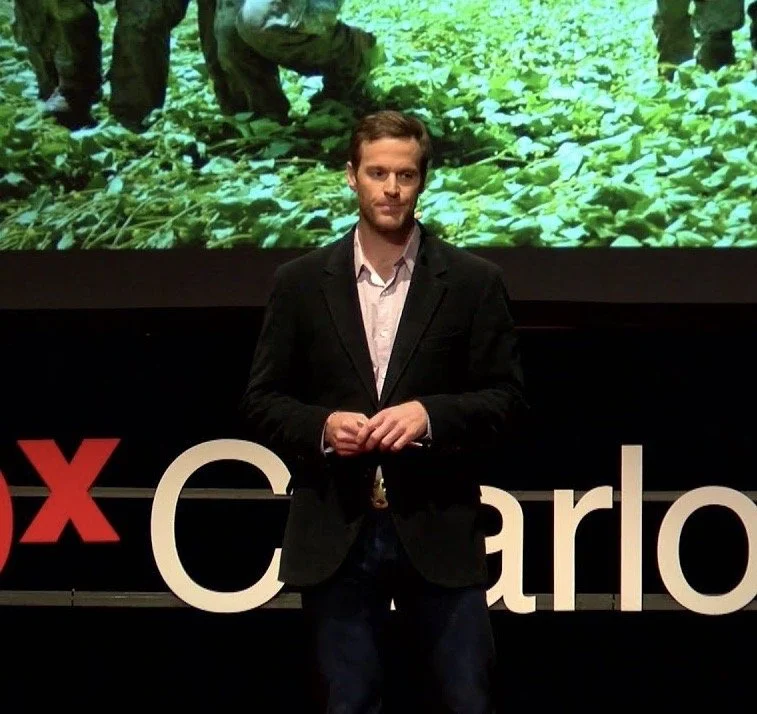
banter
Welcome to my archived blog, Banter.
I’ll start, you chime in—I really want to hear from you!
The Proactive Emcee: Shining the light on others
In this last of the “Proactive Speaker” series (for now), we are lucky to have the text for actual TEDx Charlottesville introductions from two of our emcees, Kellie Sauls and Richard Averitt. After writing the post, “The Proactive Speaker: Introductions,” both reached out and offered examples* for us all. Moderators, facilitators, emcees, these are just a few of the beautiful introductions Kellie and Richard wrote. Their generosity, their clear intention to shine the light on the speaker and move the audience to be receptive and excited is palpable in their words. In my work with speakers, I remind them that it is the emcee’s job to brag for them and establish credibility in advance so that the speaker can dig right into the exciting work without that nagging insecurity. Below are the kinds of introductions I emulate. I aspire to this level of grace when celebrating the work of others.…Read on.
When to Memorize a Talk
Many speakers come to me with a written text that they plan and hope to memorize. The first thing I do is take away the script and ask them to give me the talk right then and there without notes. Off the top of their head. I want to break up that love affair with their text as soon as possible. A memorized talk can be a barrier between the speaker and audience; the speaker’s focus remains on themselves and their text, remembering or forgetting certain lines and phrases. We then begin the work of deconstructing the talk back to what inspired it, reconnecting with its purpose and rhythms to get the speaker back to a sense of aliveness in delivery.
Exceptions to the Rule
Once in a great while, there are talks which invite or even demand word-for-word memorization. These talks are crafted, each word chosen, phrase-by-phrase, the words creating a melody. Maybe the speaker is a poet or spoken-word performer. Maybe the speaker is a writer who knows that the truest way to share what they’ve found, seen, felt, is with this exact language, punctuation, and orchestration; the exact word is the only word.
In these rare cases, the speaker spends weeks, hours, days, reciting until… Read on.
Let’s begin.
Sign-up for Weekly Presence Prompts
Weekly prompts for public speaking, virtual communication, personal presence, and skillful conversations.

